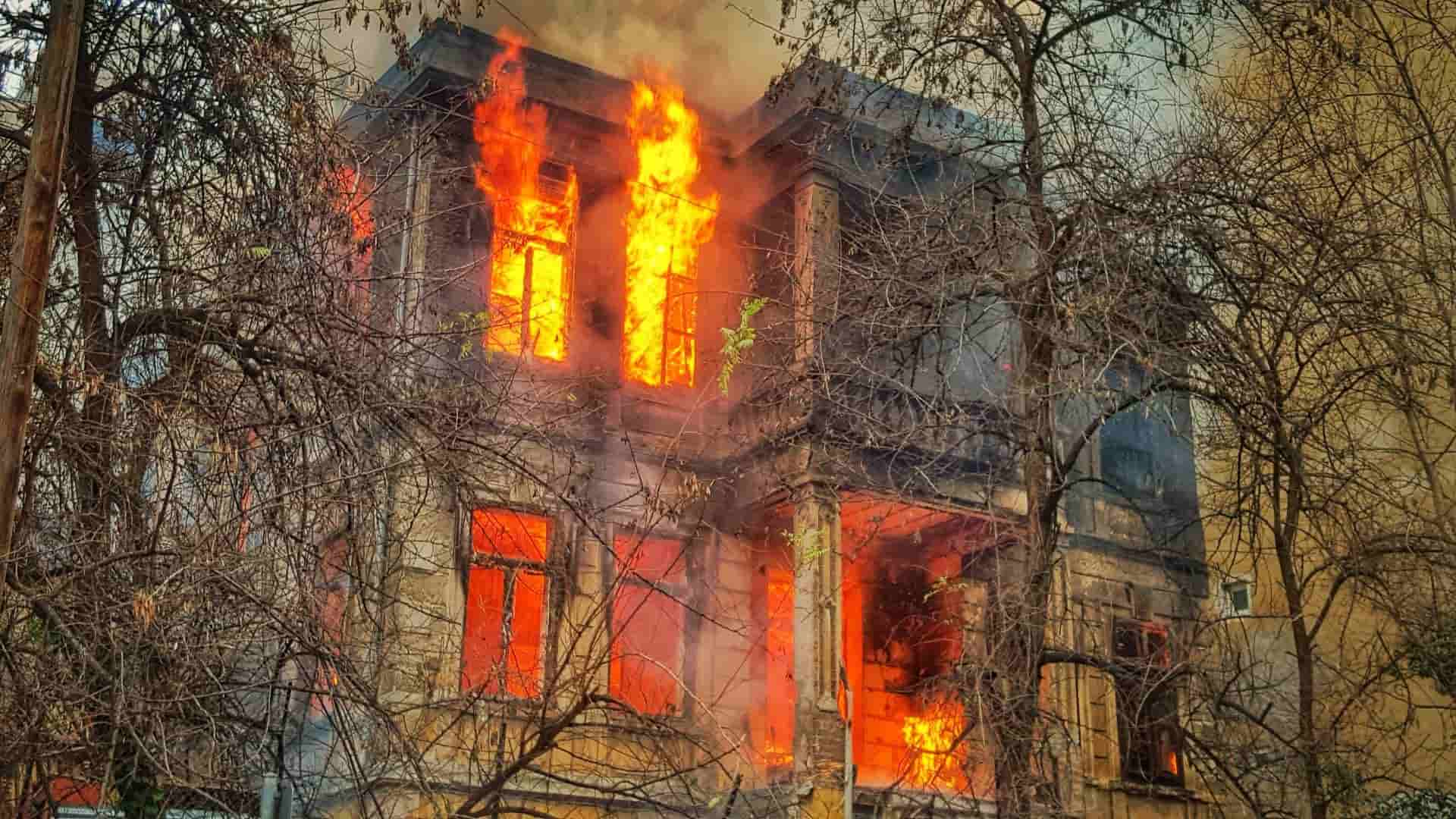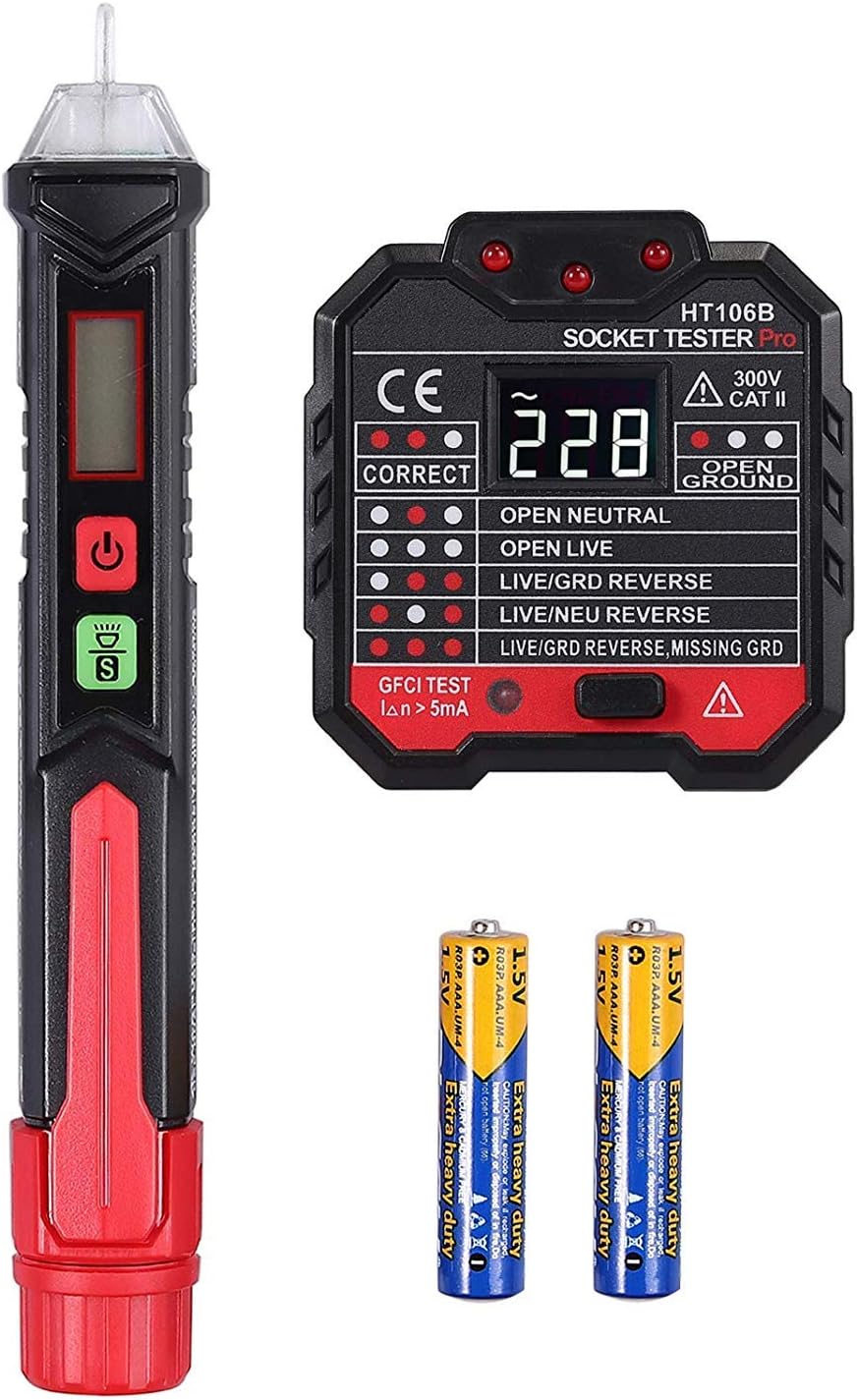You may wish to read reason number 7 covering
"Electrical Work Without Permits". My use of the term DIY was referring to a lay person.
Any errors by the person doing this work would be discovered during the inspection. Without an inspection, and a fire results, and was proven to be caused by negligence of the electrician, DIY or not, thats where the lawyers get in.
It's Good to Know Reasons Insurance Companies Deny Fire Claims So You Don’t Make the Same Mistakes. Don’t Do These 9 Things When Filing a Fire Insurance Claim!

www.youngalfred.com
No I don't wish to review "Reason No. 7" from an insurance salesman from Pennsylvania. It's how misinformation is spread. I have only been doing insurance law for 36 years, so I'm still "practicing" at this, but I'm pretty sure I have this down, and the law does vary from state to state, but this is pretty uniform across the country. You may have an informed basis for this, maybe you have a CPCU certification from the Insurance Institue, practice in this area like I do, or have real-life experience with this. However, based on what you have said up to this point I can only speculate that you are just shooting from the hip in an area of law that people might get easily misled.
I get my information from Federal and Statue Insurance statutes, case law, and the specific policy language at play. Every state I practice in would prohibit a homeowner's insurance company from denying a claim for a fire that was due to the negligent wiring of the insured, whether it violated code or not. Nor can it deny a claim based on the fact that a contractor hired by the insured violated the code.
A homeowner's insurer who pays a claim for fire or other loss can sue a contractor or product manufacturer whose work/product can be proven to have caused or contributed to the fire. I think this is what you really are trying to say, and it is fact actually the case. If your Mr. Coffee Coffeemaker started the fire and can be proven in court, then after your insurance company pays your claim (to you and your mortgage lender) they can turn around and sue Mr. Coffee (Sunbeam Corp.) for the amounts they paid out to you. They can't tell you to wait until they collect from Sunbeam, or Joe Blow Handyman, they have to pay you (usually under strict time guidelines), and then sue the manufacturer or contractor. . This is called subrogation. Your homeowners' policy will specifically state if they pay a claim that was caused by someone else's faulty work or product, they are "subrogated" to your rights to sue that contractor or manufacturer. You cannot double dip, you can't collect from your insurance company, and Mr. Coffee.
An insurance company cannot sue its own insured (the homeowner) to recover what it paid. It would defeat the purpose of insurance. Again, insurance companies know people will do stupid things. Like smoke in bed, use kerosene lamps that get knocked over, or burn the Christmas tree in the fireplace. It's why when you go down to Home Depot and buy a new ladder it's covered in warning labels. Because people are going to step/stand on the top step of a ladder, Warner puts a label on there.
You can try to walk this back all you want, but it's not going to help you much. Such as, "what I was really getting at was" something like "pull a permit and get an inspection." You statement about "DIY electricians" run the risk of their homeowners not paying a claim caused by their work is still wrong. I know that folks here like to debate the academic or theoretical aspect of things without regard to how life or things work in the real world, and it's easy to get sucked into that in terms of things that have legal implications, but the real world is where you need to be on this stuff. Are you going to pull a permit to replace a receptacle with a GFCI? Are you going to pull a permit to add a ceiling fan? Are you going to pull a permit to change a circuit breaker? Are you going to get inspections for any of those things?
What about people who buy a 100 plus-year-old Victorian that has knob and tube wiring? (Google it) It doesn't remotely meet the current code, but yet as dangerous as that is (1000x more risk of electrocution than this amp we are talking about), I would bet that it's grandfathered in almost every state. This means, when you purchase the home, even borrow money to buy it, you are not required to retrofit (rewire the house) to meet code. When you contact your agent to get a homeowners policy effective the date you close, they
may ask you on the application what kind of wiring (most will not), if you accurately fill out the application and they issue you a policy (bind coverage) they cannot deny a fire claim that occurs the day after you bought it due to the wiring.
I don't really understand the "pull a permit - get an inspection" walk back. Something significant enough to require a permit is going to require a licensed electrician to sign off on the work to pass inspection. They will let a homeowner typically do all of the work themselves except, electrical, HVAC and plumbing. As someone else previously mentioned, doing a small home project that doesn't require an inspection, like putting in a ceiling fan, the building department won't inspect, and the typical real estate home buyer inspector isn't going to help you much.
However, one thing's for certain, if after you install your new GFCI receptacle to make your amp safer, or replace all of your old breakers with AFCI to seriously reduce your risk of fire, or you put Lutron dimmers all around your house, or you or you ran a wire to your outdoor patio and put in a cool new ceiling fan out there (plus an outdoor TV), and as soon as you hit the power your wonderful project bursts into flames which your local fire department puts out without too much damage. Your homeowner's insurer is going to cover you whether you wired it to code, violated code or the handyman you were sure knew what they were doing did it wrong, or the ceiling fan company wired their fan wrong, or the breakers were defective or a million other things. Like a good neighbor may decide they don't want to write you the next year, or they double your rates because their actuaries have identified you as a red flag (dumb ass), but they will pay your claim. How much to rebuild, your estimate vs. their estimate, damage caused by earthquake or hurricane that results in a fire, flooding, are all their own separate nightmares and certainly deserving of the stress and frustration of any insurance claim.
Moral of the story. 1) Don't have a fire in your house. 2) Don't be a dumb ass. 3) Violation of 1 and/or 2 is why banks require us to have insurance, to protect their collateral, State Insurance Commissions require homeowners carriers to pay claims if 1 and or 2 occur, so accept a reasonable amount of risk, be careful, if it involves natural gas or electricity either know what you are doing, or hire/get help from someone who does, and if all else fails, have a really, really good insurance agent and company in the wings how will pay your claim and get you back to start all over again. Don't lose too much sleep over whether the last electrical project you did was to code or not. If you seriously want to prevent a house fire in this age of dozens of electrical products that are constantly on in our homes, find out if you have working UL or similar AFCI breakers? If not, call your licensed electrician to come out and tell you what it would run. Try to resist the urge to call your brother-in-law, Larry, who installs TV cable, to do it for a 12 pack.
) but regarding outlet wiring - I have had one of these for quite some time and it is handy to use in any situation where you are unsure of previous wiring, even new homes. Last year I bought a home built in 1978 and walked through it and plugged this into every outlet - I was happy to see that only one outlet in the garage had an open ground. During our house hunt, we had looked at a home built in 1958 and this test showed more than half of the outlets with one issue or another.


